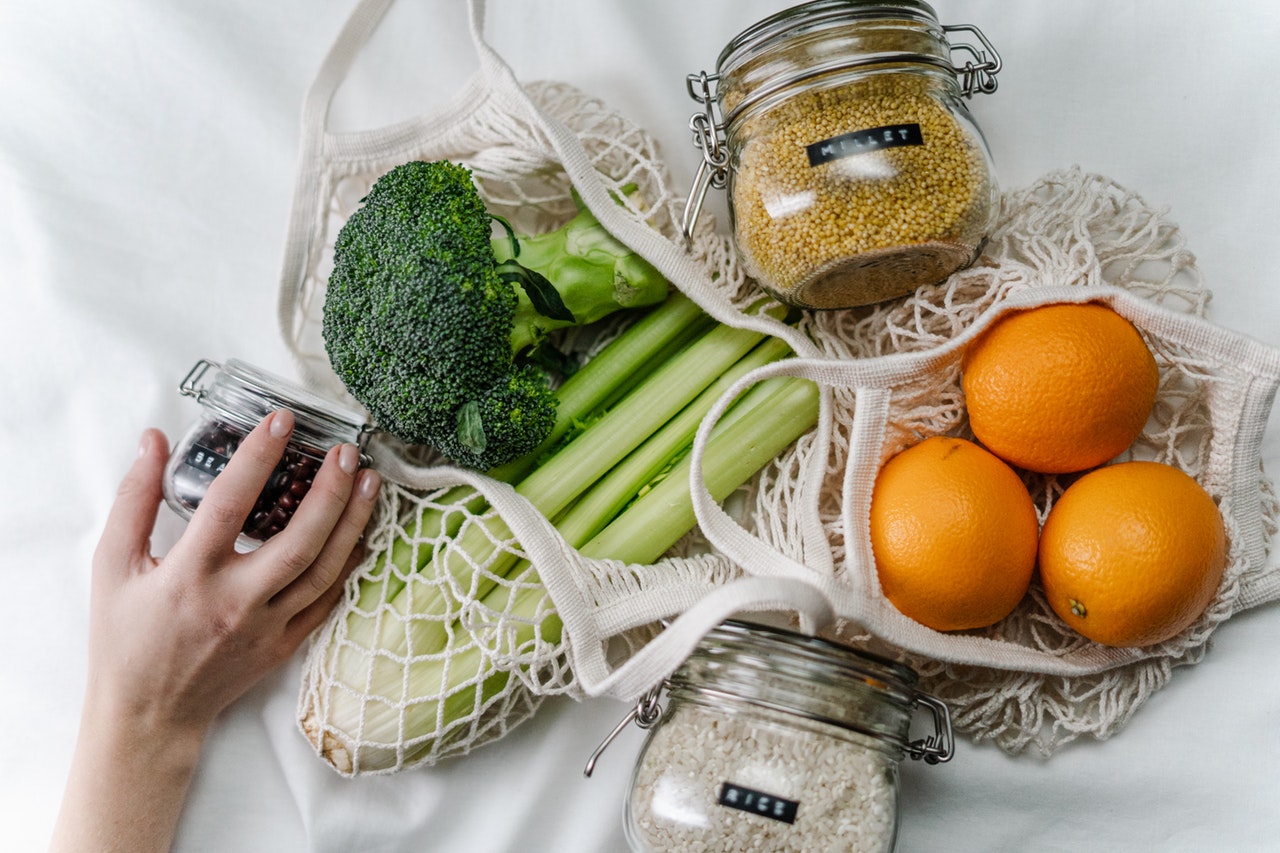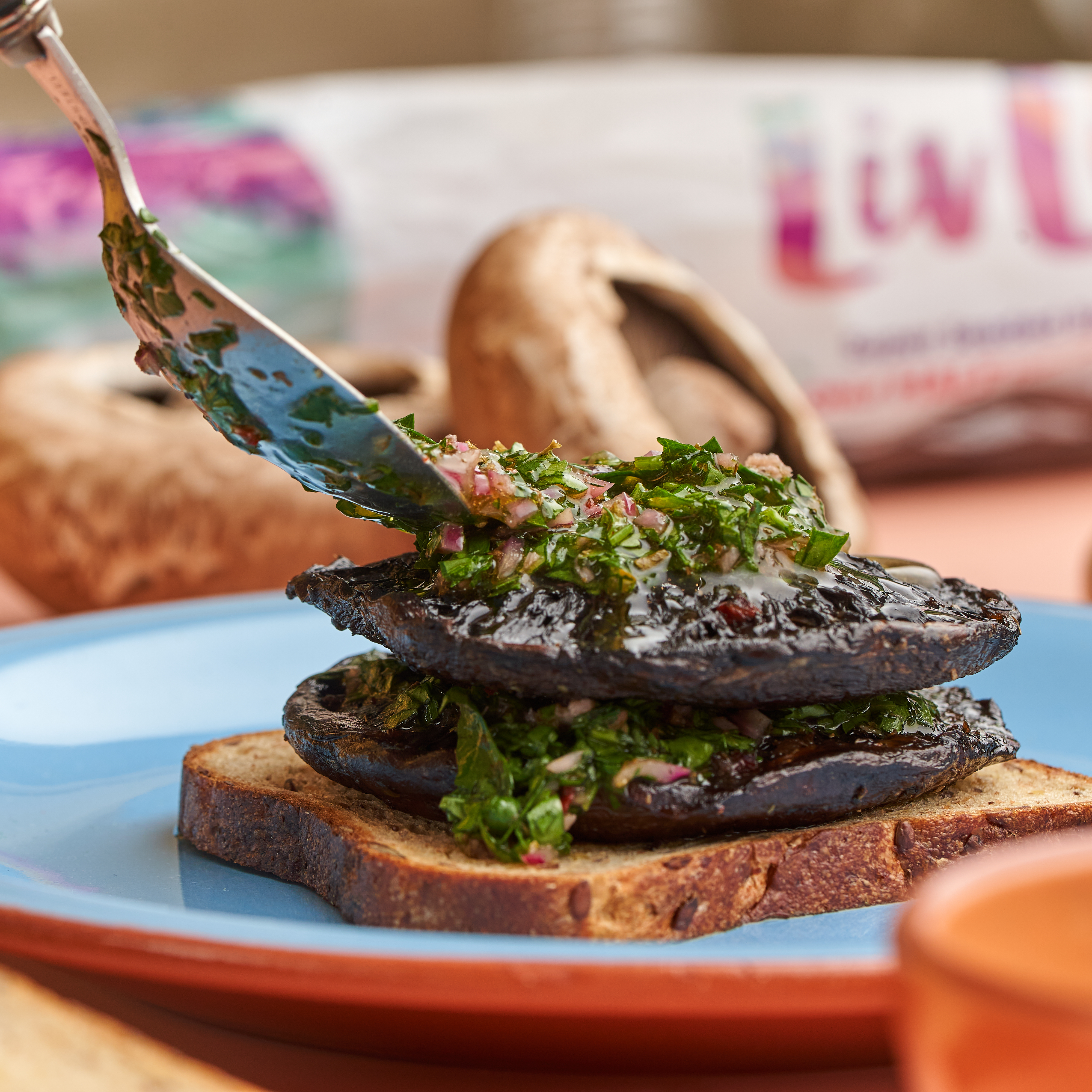Modern life is stressful… we may have swapped running away from sabre toothed tigers and finding a cave to sleep in for a passive aggressive work email and financial worries but our bodies have not moved on in how they physically respond to stress.
The ‘fight or flight’ response causes our adrenal glands to produce the hormones adrenaline, epinephrine and cortisol.
For some people, this can cause us to lose our appetites as our stressed-out brain (via the hypothalamus) tells our kidneys to start producing epinephrine. However, for some people, or if the brain thinks the stress is long term or significant, we start producing cortisol – great for helping us get the motivation to run away from that sabre-toothed tiger but it can also motivate our appetite!
There are many studies that show that not only can we become more prone to open the fridge when under persistent stress but physical and emotional stress increase both insulin, cortisol and ghrelin (the hunger hormone) making us more likely to make bad nutritional choices and reach for foods high in fat and/or sugar.
We all know a diet high in fat and sugar has some pretty negative long-term health effects but the immediate impact is actually to inhibit some of these stress hormones for a short while. Although there is nothing wrong with an occasional evening getting over a stressful week with a tub of Ben & Jerry’s, in the era of connectivity and persistent stresses this short-term physiological response can lead to many issues;
- Increased body fat (particularly abdominal)
- Fluctuations in blood sugar/insulin levels
- Poor sleep – affecting memory, immune response
There are some specific foods that can make stress or the symptoms of stress worse and should be consumed in moderation;
- Caffeine
A much-used stimulant but it can cause the release of more stress hormones like cortisol (which are already high when under stress) and can make you feel anxious and even cause insomnia making you reach for more caffeine the next day. Try to switch to non-caffeine based drinks & herbal teas and avoid caffeine completely from mid-afternoon.
- Foods high in fat and sugar
We’ve already mentioned that cravings for processed and sugary foods may be heightened when you are feeling stressed, but it is important to avoid consuming these in high quantities not just for your longer term health. Sugar, for example, will provide a temporary relief from stressful feelings, followed by a blood sugar levels crash. This can lead to irritability and increased food cravings.
According to a study published in the British Journal of Psychiatry, high consumption of processed fats can increase the risk of depression. Researchers found that people with diets high in processed fats had a 58% higher risk of depression.
- Alcohol
Many people turn to alcohol as a means of dealing with stress. Although it provides an instant calming effect, in the long-term alcohol increases the amount of stress in people’s lives and can cause sleep problems as well as an impact on blood sugar levels.
Good news!
The great news is that there are plenty of studies that suggest diet and nutrition can actually help combat stress. A 2017 study randomised people with moderate to severe depression and placed them on a 3-month trial with either a dietitian and the Mediterranean diet or a placebo counselling and no Mediterranean diet. The results clearly showed that those on the Mediterranean diet had a considerably higher happiness score than at the start of the trial.
The Mediterranean diet made easy
- Eat a rainbow of vegetables
- Use plenty of extra virgin olive oil
- Load up on beans, pulses & grains.
- Eat a mostly plant-based diet with smaller quantities of meat
- If you can eat dairy try fermented such as kefir where possible
- Eat small frequent meals as this will help balance your blood sugar and hormones overall. This will also help you avoid unhealthy snacking. Aim for fruit, raw vegetables, yoghurt, nuts and seeds.
Eat yourself happy with …
B vitamins – To provide the body with energy after a period of stress and help to regulate hormones – bananas, leafy greens, nuts, seeds, meat, fish and dairy products.
Vitamin C – The adrenal glands store vitamin C so need to be kept healthy during stressful times -oranges, tomatoes, peppers, leafy greens and broccoli. Try to eat foods whole and raw rather than as juices as this can also help increase fibre levels and gut health. The SMILES study has linked happiness levels with good gut health!
Magnesium – Essential in hormone and energy production this mineral can also help relax muscles and reduce anxiety – Nuts – particularly Brazil nuts, beans and lentils, whole grains and leafy greens.
Complex carbohydrates – Eating whole, unprocessed carbohydrates such as wholegrain bread, pasta and cereals, as well as oats and brown rice will help increase levels of serotonin – the happy hormone. A diet including complex carbohydrates is digested more slowly than refined food which helps stabilise blood sugars.
Essential fatty acids – Essential fatty acids (Omega 3 and 6) help the brain function effectively and can help to moderate the effects of psychological and physical stress – oily fish, nuts and seeds.




